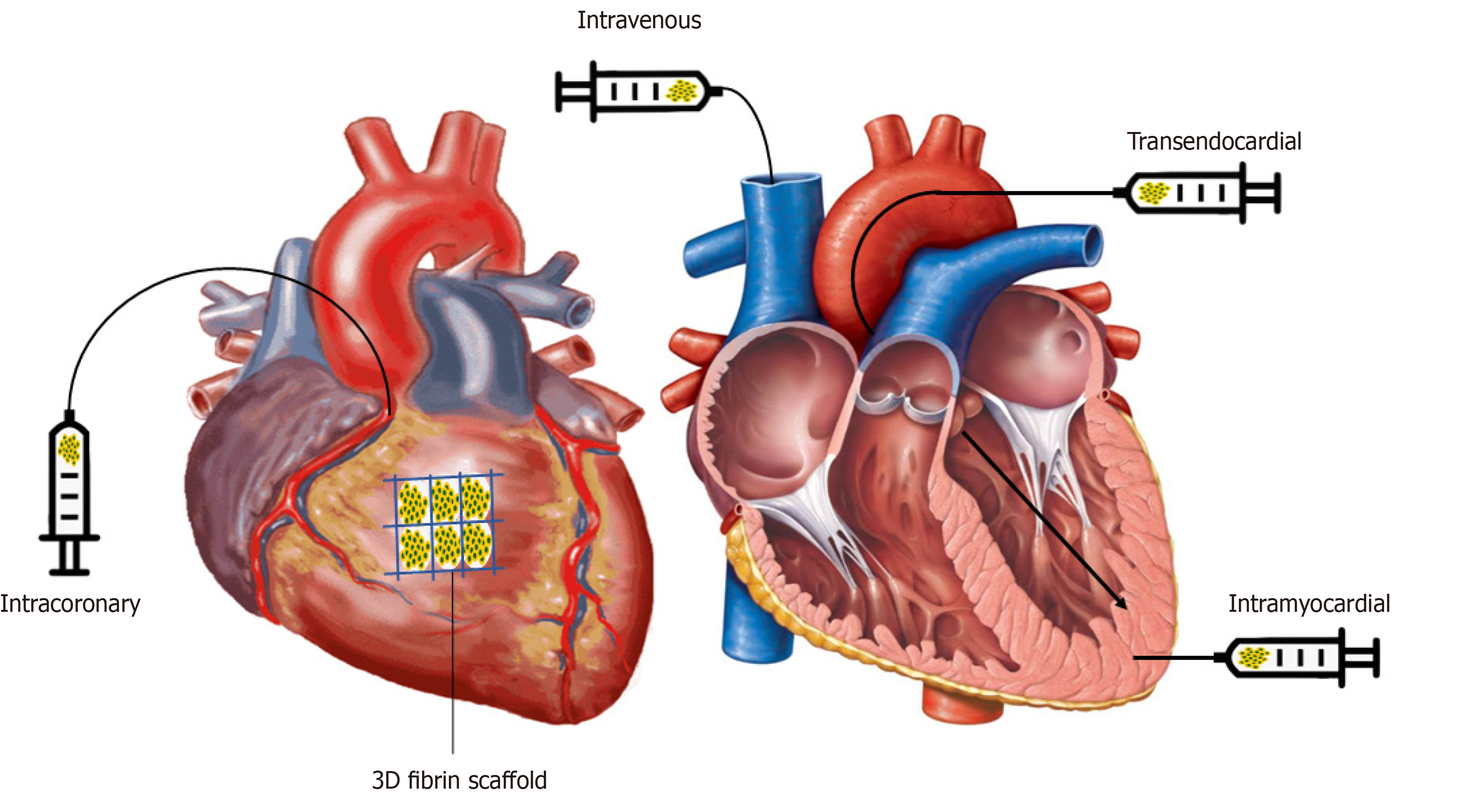Table of Contents
Damages to the heart muscular tissue from lowered blood circulation. Damaging of the heart muscle mass. Standard treatments take care of symptoms and slow-moving illness progression but seldom address the root issuedamaged heart cells. This is where uses new hope, targeting the underlying damages and advertising long-term repair service. represent a cutting edge step in treating heart diseases.

At, we focus on an individualized approach to. Our process consists of: We start by thoroughly examining each patient's case history, existing heart function, and total wellness. This consists of advanced analysis imaging and testing to identify the extent of heart damages. Our group creates a customized strategy making use of, morally sourced and ready for optimum performance.
Numerous clients report much less fatigue, boosted breathing, and better physical stamina. By attending to the root triggers, stem cell therapy decreases the danger of future cardiac events.
We combine stem cell treatment with corresponding treatments for comprehensive heart care. Every treatment plan is customized to deal with the one-of-a-kind needs of each client. Among one of the most usual inquiries we receive is, While no treatment can assure total reversal, have revealed considerable possibility to fix damaged tissues, reduce inflammation, and improve overall heart feature.
Are there supportive options for High Blood Pressure with regenerative medicine?
Heart disease is a leading reason of in the United States and worldwide. For lots of individuals, traditional therapies supply hope and help.
Today, scientists concentrate on 2 major types of stem cells: grown-up stem cells and embryonic stem cells. Grown-up stem cells often come from bone marrow, fat cells, or even straight from the heart.
Grown-up stem cells are additionally simpler to collect and have fewer ethical issues. However there's a disadvantage. They're not as functional as beginning stem cells. They aren't as able to become different types of cells, which can restrict efficiency when it involves tissue repair work. Embryonic stem cells can become any kind of cell, consisting of heart cells.

There are some honest debates around their usage, as they're derived from early-stage embryos. And also, there's a greater risk of immune rejection since they're not from your own body. Another problem is the opportunity of forming tumors if these cells don't differentiate correctly after implantation. The big concern is, does stem cell therapy really benefit heart fixing? The short answer is that it has a great deal of possibility, however it's still a creating field.
Research outcomes are blended. While some individuals see significant advantages, others do not see much improvement whatsoever. Scientists are still finding out the most effective methods to supply the cells, ensure they survive when inside the body, and make certain they integrate appropriately with existing heart tissue. Among the largest obstacles is cell survival and assimilation after implantation.
Everything you need to know about stem cell therapy and Heart Disease
Also fewer take care of to incorporate into the existing heart tissue. For the treatment to be efficient, the new cells require to link with the old ones and start working as component of the heart muscle. Getting them to do that is tough. Concerns like inflammation, immune denial, and the severe atmosphere of a broken heart can all trigger problems.
It's something to obtain stem cell treatment to function in a laboratory or a little professional trial; it's another to make it readily available widespread. Making, storing, and delivering stem cells securely and efficiently is logistically testing at best. Stem cell therapy is extremely appealing, but it's not without downsides.
This is even more of an interest in beginning stem cells, however it's present despite having adult cells. Another downside is the cost. Stem cell treatment is costly, partially due to the complexity of harvesting, expanding, and supplying the cells. Due to that price and the treatment's experimental nature, many insurer will not cover it.
In the last numerous years, there has been a significant innovation in stem cell therapy for heart illness. Can stem cell treatment cure heart disease?
Is stem cell therapy right for Peripheral Artery Disease in today’s clinics?
Medical professionals deal with heart failure signs and symptoms in hopes of boosting the patient's lifestyle and protecting against more problems. Medications like diuretics (to eliminate the fluid in the body), Beta-Blockers (reducing the pressure of the blood flow and reducing the heartbeat down to lower high blood pressure), and ACE Preventions (lower blood pressure by loosening up the capillaries and arteries) are used to treat the signs and symptoms of heart problem.
These require an operation and a healing time of as much as 6 weeks. While existing treatments handle the signs of heart problem, they don't fix tissue damage or bring back the heart's function. There is no cure for heart illness. The inquiry remains, can stem cells cure heart illness? Stem cells can't treat heart condition, yet they can invigorate the heart muscle mass and improve the ejection fraction (the quantity of blood the heart pumps with each beat) on the heart's left side.
Table of Contents
Latest Posts
Regenerative injections targeting Peripheral Artery Disease with minimal downtime
Next-gen support for Peripheral Artery Disease now available
Breakthroughs in stem cell therapy for Atherosclerosis and what patients are saying
Navigation
Latest Posts
Regenerative injections targeting Peripheral Artery Disease with minimal downtime
Next-gen support for Peripheral Artery Disease now available
Breakthroughs in stem cell therapy for Atherosclerosis and what patients are saying